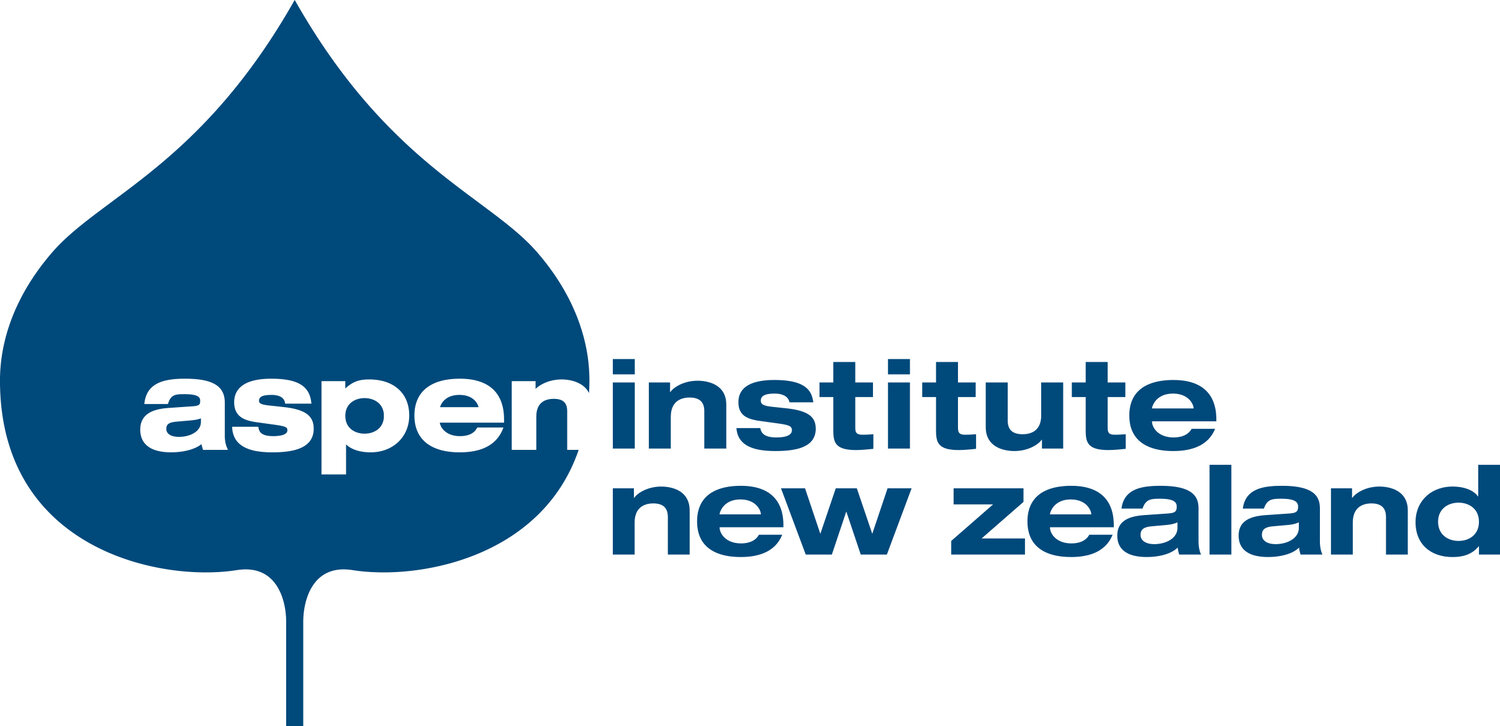Demographics as a field is fundamental, but is demographics destiny? Can we alter some demographic trends to alter our destiny? How does demographics affect identity - who are "we"? Is there ever a "them"? What is New Zealand's population plan, why does it matter, and what might be done to make it more foresighted and effective?
Join us online for the Critical Thinking and Values based Leadership Seminar Series on Demographic Challenges. This seminar is about the dynamics and implications of populations both globally and in New Zealand. The dynamics include problems of high population density in many parts of the world and low population density in New Zealand. These factors drive considerations of climate, labour, politically driven migration, and the relationships between population density and quality of life. We will also address the implications of declining birth rates and ageing populations in New Zealand.
In 2030 there may be six million of us. One and a half million of us will live in Auckland, dependent upon migration, and worried about shortage of workers. We haven’t planned for this. We need to.
The New New Zealand. Facing demographic disruption, by Paul Spoonley
Based on the success of the Systems Thinking Seminars in 2021, we are expanding the "tool set" to take on social challenges with critical thinking tools about bugs and biases in human information processing, and conceptual simulations that can improve our ability to understand, evaluate evidence, and make informed forecasts about some of the fast moving and complex tradeoffs of the day.
Online over two days, and a total of three 2.5 hour sessions:
27 April | 9.00am - 11.30am: Critical Thinking about Population and Systems Dynamics (Jacobstein)
27 April | 1.30pm - 4.00pm: Population Change and Movement (Gamlen)
28 April | 9.00am - 11.30am: Demography Policy Trade-offs (Spoonley)
With moderators expert in critical thinking, systems dynamics, demography, politics, and policy:
Neil Jacobstein - Chair AI & Robotics Singularity University, MediaX Distinguished Scholar Stanford University, Aspen Institute Crown Fellow and Socrates Seminar moderator, Director Aspen Institute NZ, Environmental Sciences BS University of Wisconsin, Human Ecology MS in joint program at University of Texas and NASA Johnson Space Center. Six years on the US National Academy of Sciences Division of Earth and Life Studies Committee. Member of the 2021 US National Academy's Strategic Plan team. Editorial Board of AAAS Science Robotics journal. Decades of industry and government AI application systems consulting.
Distinguished Prof. Emeritus Paul Spoonley - Honorary Research Associate, Te Kura Pukenga Tangata, former Pro Vice Chancellor of the College of Humanities and Social Sciences at Massey University, Co-Chair Metropolis International. Paul is the author or editor of 28 books including Rebooting the Regions (2016),The New New Zealand, Facing Demographic Disruption (2020) and has written on topics from social cohesion, racism, Pākehā identity, demographic change, the far right, white supremacism and anti-Semitism, immigration policy and settlement, diversity impacts and recognition, to the changing nature of work.
Prof. Alan Gamlen - School of Regulation and Global Governance at The Australian National University. Alan is an expert on human migration and mobility and has previously held appointments at Oxford University, Stanford University, the Max Planck Society, the Japan Centre for Area Studies, and Monash University. Alan is Founding Editor-in-Chief of the journal Migration Studies (Oxford University Press), Co-Editor of the book series Global Migration and Social Change (Bristol University Press), and author of Human Geopolitics: States, Emigrants and the Rise of Diaspora Institutions (Oxford University Press 2019). Alan holds a doctorate in Geography from the University of Oxford and graduate of Victoria University Wellington.
These seminars bring together participants from business, education, government and industry. Aspen’s approach is through curated readings and Socratic dialogue where the focus is on what the participants think. Absolutely no technical background is necessary to participate - just the ability to read, listen, and think critically. There is no need for agreement on a right answer or outcome - only the commitment to be civil and thoughtful. The seminars are not recorded.
Participation fee is $500 + GST and scholarships/complimentary places are available upon application. If you have any questions please feel free to contact us.
Spaces are limited. Join us!
